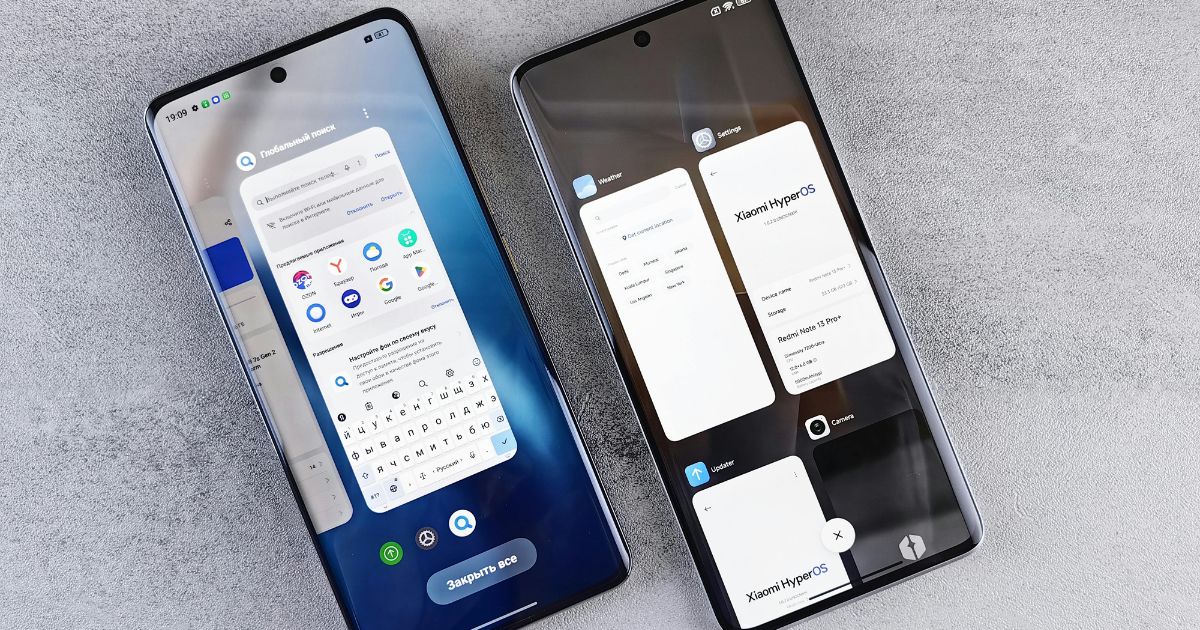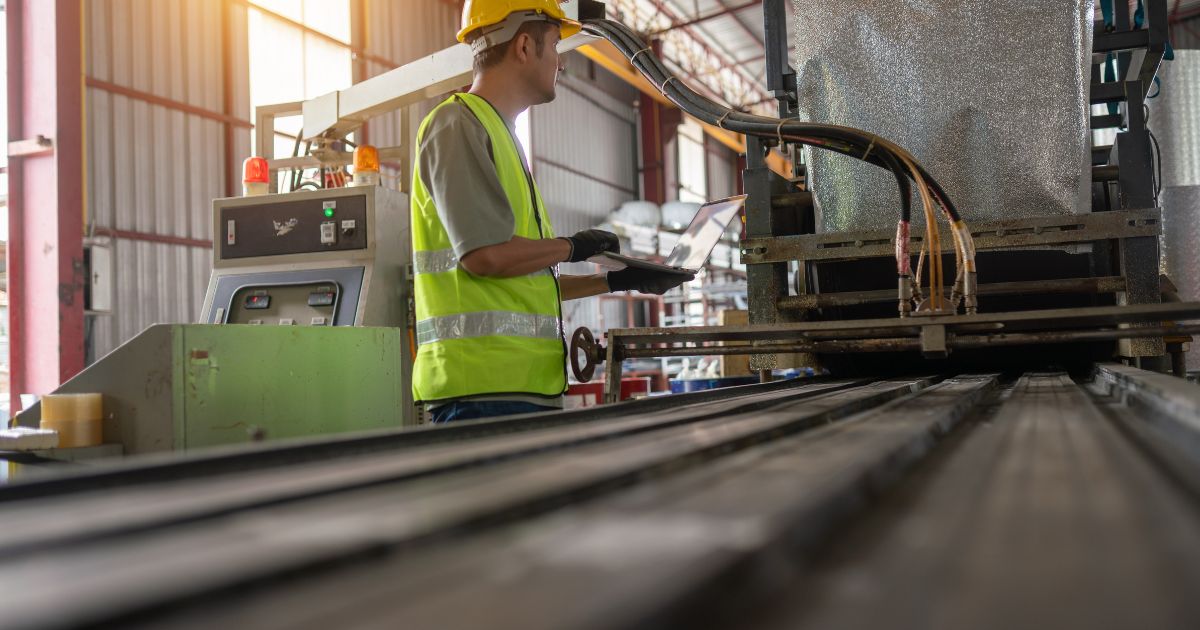From discovery to upgrades, a mobile app’s lifecycle holds potential for both pitfalls and a great ROI. To ensure the latter, full service app development companies work with clients to create well-designed apps, customized for their purpose, from the initial stages of development through updates and maintenance.
Read on for more information on the stages of mobile app development and how full service app development companies successfully manage each stage of the cycle.
1. Discovery
In discovery, the initial stage of the cycle, developers meet with clients to determine the app’s purpose and to seek out the details necessary to streamline the app’s functions and ability to meet that purpose. In short, the goal of the discovery stage is to build a prototype that forms the basis of the app’s functions.
This first step is crucial, as the prototype is the framework for the future app. During this stage, clients must make important decisions about how the app will be utilized. Will it be web-based? What platform works best? Android? iOS? Smartphone, tablet, or both? What business functions will it perform? Once these details have been determined, developers provide clients with a basic prototype of the app so clients can play around with it, testing it for fundamental usability.
Full service development companies meet with clients during these beginning stages and work to determine if the prototype application is fulfilling the clients’ expectations. Once expectations have been met, developers and client move on to the next step.
2. Custom App Design
During the design stage, the prototype is brought to life through a beautifully polished and complete app design. Basic wireframes transform into gorgeous screens that make you want to interact with them. Especially for business apps, an amazing app design makes the difference between an app you have to use and an app you love to use.
Interface design must be considered but perhaps more importantly, designers and clients must design an app that integrates with other company devices and platforms.
It is during this stage when business integration, usability, data design and system design are carefully considered and implemented.
3. App Development and Testing
The development and testing stage means that the app has moved beyond the prototype. During this stage, the app is open to a wider range of users with varying needs and abilities. A full service mobile app developer often collects user experiences in the form of surveys and data. The data is analyzed for usability and turned over to experienced UI (User Interface) and UX (User Experience) app designers. By combining the efforts of both front-end and back-end developers the app is streamlined and optimized to perform its purpose while still being user friendly.
The development and testing stage may take some time as designers continually receive feedback from users and tweak the app. Here is where full service app development companies truly shine. Since the developers will be with the app for its entire lifecycle they are dedicated to making the app efficient and powerful. They want to get it right so that maintenance and updates are smooth, for both designers and users.
4. Maintenance and Updates
The final stage is all about maintaining what was painstakingly created in earlier stages. The reason for pain in early stages? To avoid more pain in the future. Many apps work well at first but experience usability issues after updates. A well-written app will update seamlessly, meaning data won’t be lost and users won’t be taken by surprise.
It only makes sense that a full service app developer, one who has written the original code and designed the original app, will be able to deliver seamless updates and provide thoughtful maintenance.
Customized apps have other advantages as well: less bloatware and higher efficiency. Rather than relying on pre-existing code, full service mobile app developers are capable of building your app from scratch, making it streamlined for your purposes.
For more information on mobile app development at any stage (or all stages) in the mobile app development life cycle, then please contact us.








